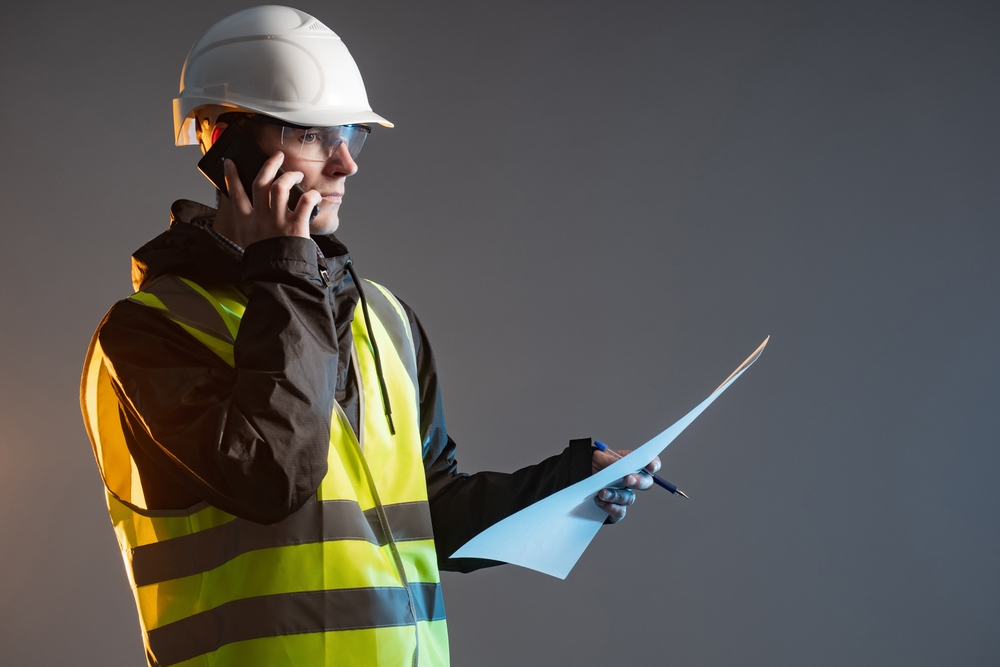How Long is a Builder Liable for Their Work in Illinois?

Undertaking construction projects in the vibrant city of Chicago, or anywhere in Illinois, demands a deep-dive into understanding the intricacies of the Illinois construction law, especially regarding the builder liability period.
Duration of Builder’s Liability
The duration of a builder’s liability for their work is an important consideration for homeowners in Illinois. Under the Implied Warranty of Habitability, builders are required to construct homes that are safe and habitable. This warranty applies for the duration of the home’s initial occupancy, and it is independent of any written warranty that the builder may provide.
There are a few reasons why the duration of a builder’s liability is important for homeowners. First, it is important to note that construction defects can take time to manifest. For example, a water leak may not be discovered until after several years of occupancy.
Second, even if a construction defect is discovered early on, it may be difficult to get the builder to repair it. In some cases, homeowners may need to file a lawsuit against the builder to get the defect repaired.
The Implied Warranty of Habitability is a powerful tool that homeowners can use to protect themselves against construction defects. However, it is important to note that the warranty has its limitations. For example, the warranty does not apply to defects that are caused by the homeowner’s negligence or by normal wear and tear.
If you are a homeowner in Illinois and you are concerned about the duration of a builder’s liability for their work, you should consult with an experienced construction defect attorney. An attorney can help you understand your rights under the Implied Warranty of Habitability and can help you pursue legal action against the builder if necessary.
Types of Construction Defects
There are many different types of construction defects that can occur. Some of the most common types of construction defects include:
- Structural defects: These defects can affect the structural integrity of the home and can make it unsafe to live in. Examples of structural defects include foundation problems, roof problems, and wall problems.
- Water intrusion defects: These defects can allow water to leak into the home, which can cause damage to the interior and exterior of the home. Examples of water intrusion defects include roof leaks, leaks around windows and doors, and plumbing leaks.
- Electrical defects: These defects can cause electrical fires and other hazards. Examples of electrical defects include faulty wiring, overloaded circuits, and incorrectly installed fixtures.
- Mechanical defects: These defects can affect the heating, cooling, and plumbing systems in the home. Examples of mechanical defects include faulty furnaces, air conditioners, and water heaters.
Illinois Construction Statute of Limitations and Repose
Illinois law has two main statutes that apply to construction defect claims: the statute of limitations and the statute of repose.
The statute of limitations is the period of time within which a homeowner must file a lawsuit against a builder for construction defects. The statute of limitations for construction defect claims in Illinois is four years. This means that a homeowner has four years from the date they discover a construction defect to file a lawsuit against the builder.
The statute of repose is a different type of deadline that applies to construction defect claims. The statute of repose is a deadline for filing a lawsuit against a builder, regardless of when the homeowner discovers the defect. The statute of repose for construction defect claims in Illinois is 10 years from the date the construction work was completed.
However, there is an exception to the 10-year statute of repose. If a homeowner discovers a construction defect within the 10-year period, they have four years from the date of discovery to file a lawsuit against the builder. This means that a homeowner could have up to 14 years to file a lawsuit against a builder for construction defects, depending on when they discover the defect.
A Constructive Legal Partnership with Grzymala Law Offices
Navigating through the extensive and occasionally convoluted pathways of Illinois construction law demands a formidable legal ally. Grzymala Law Offices, proficient in offering comprehensive legal solutions for construction delay claims, defect disputes, and a multitude of other construction-related legal matters, stands as a beacon for those seeking to safeguard their construction endeavors.
Grzymala Law Offices does not merely offer legal counsel. It extends a partnership that aims to construct a robust legal framework, ensuring your construction projects, whether in the buzzing streets of Chicago or the serene landscapes of Illinois, are securely anchored against potential legal storms.
Engrain your construction venture with a foundation solidified by adept legal proficiency. Call us today.
